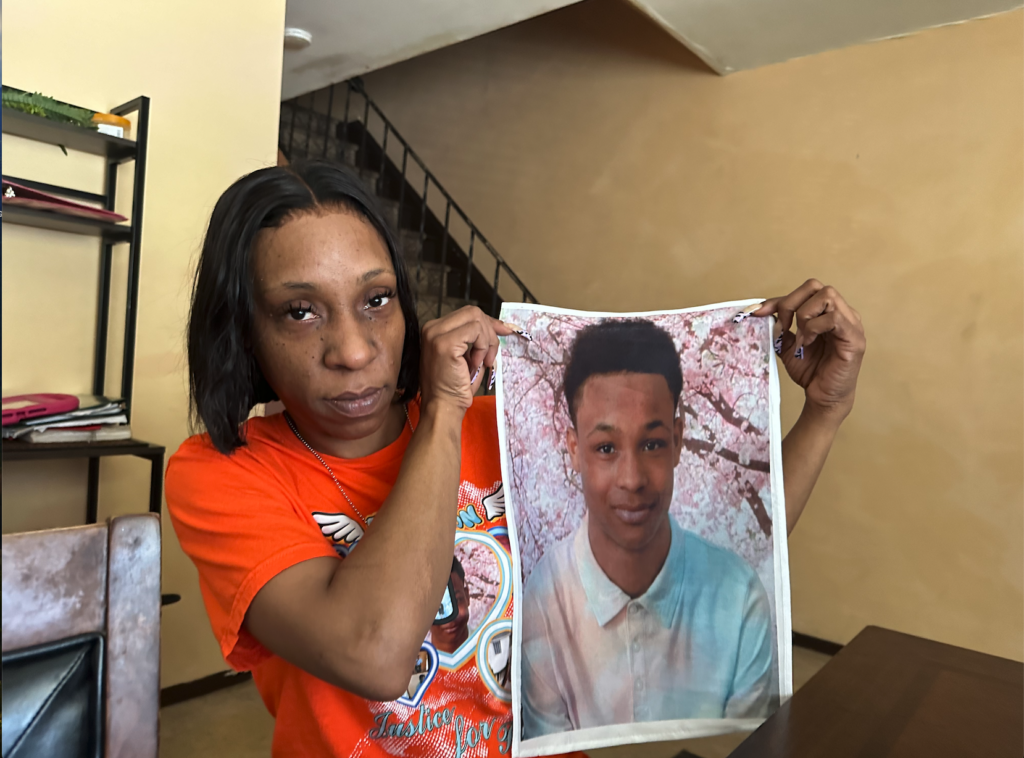Marijuana advisory committee eyes zoning rules for dispensaries, lounges

New York State may have legalized marijuana for adult consumption and retail sale, but that doesn’t mean you can consume it or buy it just anywhere.
Locations like churches, schools, parks and playgrounds are still off limits, and municipalities can still place restrictions on the “time, place and manner” of its use , according to Riverhead deputy town attorney Anne Marie Prudenti.
But when and where should the town place limits? In the wake of its decision not to opt out of the state law, Riverhead has created a new committee to come up with answers to those questions.
That committee met for the first time Monday night, and its mission is to create a digital map identifying places where pot use and sale will be prohibited . That, in turn, will ultimately reveal locations where it could be allowed.
The committee is chaired by Councilman Ken Rothwell. Its other members are Ms. Prudenti, Riverhead police Lt. Danielle Willsey, Kelly Miloski of CAP, Chamber of Commerce president Bob Kern, Business Improvement District president Steve Shauger; senior town building inspector Andreas Sofoklis, Terry Culhane, who heads security for the Riverhead school district, and Riverhead resident Steven Kramer.
“Eventually, we will be posed with the question of where consumption places may be located, and where retail places may be located,” Mr. Rothwell said Monday, “So rather than just say, ‘I would like to approve this place on Main Street,’ how do we get to that point?
“The idea is that there are some places that we already know that the answer is an absolute ‘no’ on marijuana sales or consumption,” he said.
For example, he added, “Where schools are located; we can’t be [within] 500 feet from the school. That’s state law. So we want to map out where all the schools are. We also can’t be less than 200 feet from churches. So we wanna put all the churches on the map. Then you have town land or town parks, which are not permissible for marijuana.”
State law also bans advertising of adult-use marijuana within 500 feet of schools, parks, playgrounds and similar locations
“So, on downtown Main Street, for example, there is a Congregational church, a Methodist church, a proposed Town Square, town parks by the waterfront,” Mr. Rothwell continued.
“When we start plugging them in, we’re going to see something,” he said. “We’re going to see that not all of Main Street is going to be permissible because of the churches and the town parks.”
There are other places to consider as well, he said, citing the Long Island Science Center, which often hosts students from local schools, as an example. “Is it going to be considered an educational location? That’s something we need to answer,” he said.
Elsewhere on downtown Main Street, there’s also the Suffolk County Community College culinary school. Will marijuana sales or uses need to be at least 500 feet from that?
Committee members also questioned whether the distance restrictions would apply to venues like Splish Splash or the Long Island Aquarium.
Members of the audience for Monday’s meeting included several people with specific connections to the cannabis marketplace, such as David Falkowski of Bridgehampton, a third-generation farmer who is “vertically integrated” in hemp space and serves as the Long Island committee chairman for the New York Cannabis Growers and Processors.
Also present were attorney Lee Mendelson of Aquebogue,who owns a state-licensed cannabis testing lab in upstate Warwick and serves on the board of the New York Certified Laboratories Association, and Eboni Marshall of Riverhead, an Air Force veteran and critical care nurse who has a business selling edibles.
Mr. Mendelson said projections indicate that the state will make more than $4 billion per year in sales tax on marijuana sales. Mr. Falkowski agreed.
Because the Town Board voted 3-2 not to opt out of allowing retail sales and public consumption of marijuana,Riverhead is entitled to a portion of that sales tax revenue, which municipalities that chose to opt out are not.
Mr. Rothwell, who joined Supervisor Yvette Aguiar in voting to opt out, said his primary reason for doing so was that was that opting in was “putting the cart before the horse” in that it hasn’t been determined how to enforce laws prohibiting driving while high on marijuana.
Committee members said there is only one police officer on the East End who is certified as a “drug recognition expert.”








